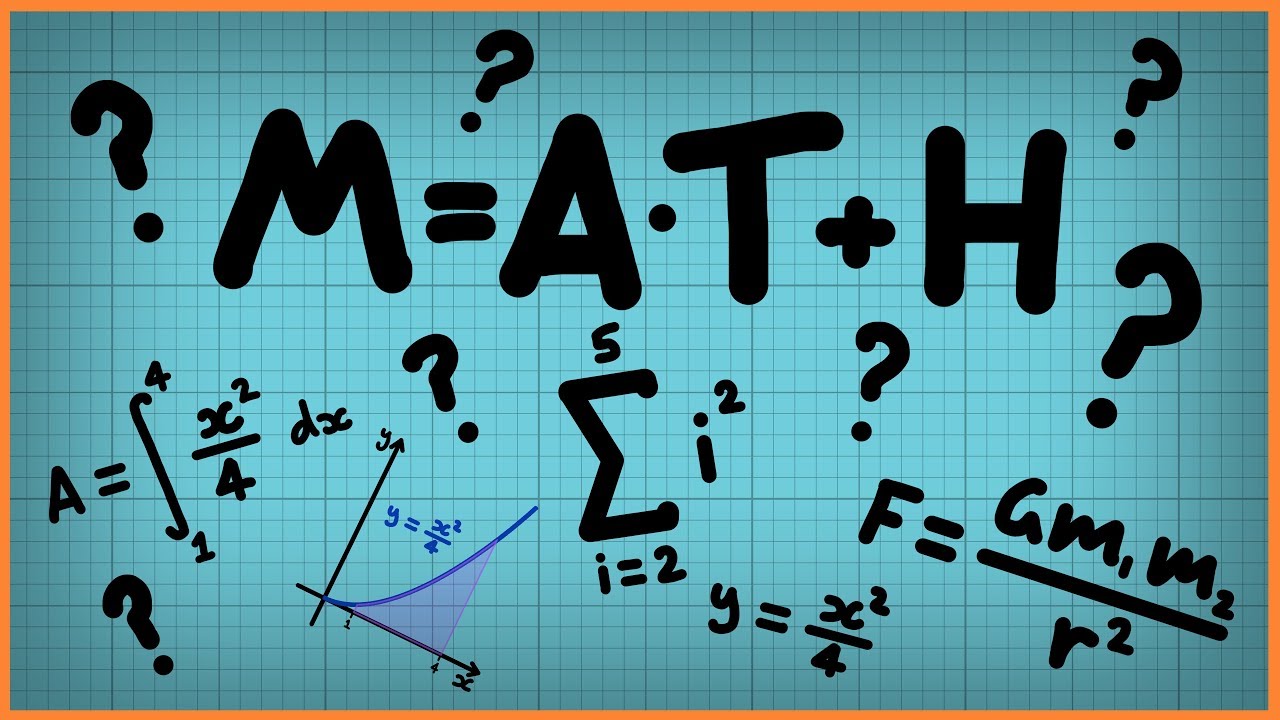
By Tim Middleton
Many of us might agree with the person who declared that, “If I had just one hour left to live, I’d spend it in Math class… it never ends”! After all, as another wise youngster accurately commented, “four out of three people struggle with math” or as Paul Harvey pointed out wryly, “If there is a fifty-fifty chance that something can go wrong, then nine times out of ten it will.” Maths is not exactly everyone’s favourite subject, even if the furthest extent of our mathematical ability is to conclude, as one child did, that, “Math is fun, [because] it teaches you life and death information, like when you’re cold, you should go to a corner since it’s 90 degrees there.”
After all, it appears that Maths appears to be all about problems and problems can be destructive. As one child rather wearily sighed, “Dear Math, please grow up and solve your own problems, I’m tired of solving them for you.” Many of us may have reached that soul-destroying moment in Maths that Ritu Ghatourey defines as, “That awkward moment when you finish a math problem and your answer isn’t even one of the many choices”. We have probably all been there at some point! We should however point out the fact is (the problem is) that Maths is a dangerous subject! We might initially have considered Chemistry and even Physics as the most dangerous subjects but Maths must rate highly on the list.
Maths is a dangerous subject as it has, after all, weapons of destruction aimed at silencing opposing thoughts, destroying confidence while it is also generally seen to be the subject that most pupils hate most — in other words, it is public enemy number one. These weapons of maths destruction are primarily subtraction and division. Subtraction is all about taking away from one thing or person and only has the effect of making something much smaller. It reduces, minimises what was there already, even to the point of becoming negative and anything that does that is destructive and dismissive. The world is too full of people using such a weapon to take away from others. Then we must face division, which is all about breaking down what is there into smaller, lesser parts, cutting away into something that was whole and reducing it to weaker and inferior segments.
Sure, there are some lessons of Maths construction, such as addition and multiplication, but they are attacked by the weapons of Maths destruction. Furthermore, these weapons are not purely confined to subtraction and division, but also to fractions, equations, averages and even numbers. Fractions are all about things being broken; equations take from one side to put on the other; average is about reducing things to the mean and mean people are destructive, while reducing everyone to the average is to kill ambition; and numbers do indeed make us numb, deadening our feelings. Danger!
And then, of course, Maths is at the heart of inflation. Inflation does not simply affect the economy and all our lives but also language, as Victor Borge, the musical comedian, highlighted in his wonderful sketch entitled Inflationary Language whereby any word which had a number in it would add one to it, so that “wonderful,” “before,” “create,” “tenderly” would become “two-derful”, “Be-five”, “cre-nine” and “eleven-derly”. He then set out to tell a story which began with “Twice upon a time” and included the memorable comment, “Any two five eleven-is?”
The author Lewis Caroll shared a similar light-hearted look of mathematics when he wrote in Alice in Wonderland that, “The different branches of Arithmetic are ambition, distraction, uglification, and derision.” Some branches can be lethal. Distraction (instead of subtraction) and derision (instead of division) are equally dangerous weapons, especially if used wantonly, and should be avoided.
Beware, then, the potential perils of Maths; after all, as someone has pointed out, Maths has graph paper so it must be plotting something and that can only be dangerous! However, in speaking of dangerous things, a wit also highlighted the fact that, “Not all math puns are terrible. Just sum.” And at the end of the day, the sum of all the points mentioned in this article does not exactly come to much. “Decimal has a point,” as Paul Harvey declared, which is probably more than anyone can say for this article. And for that, this writer can only say, in the current state of inflation, “Fivegive me!” Be assured, though, this Maths lesson has now come to an end. Cease fire!
- Chamisa under fire over US$120K donation
- Mavhunga puts DeMbare into Chibuku quarterfinals
- Pension funds bet on Cabora Bassa oilfields
- Councils defy govt fire tender directive
Keep Reading
- Tim Middleton is the executive director of the Association of Trust Schools [ATS]. The views expressed in this article, however, are solely those of the author in his private capacity and do not necessarily represent the views of the ATS.
- email: [email protected]
- website: www.atschisz











